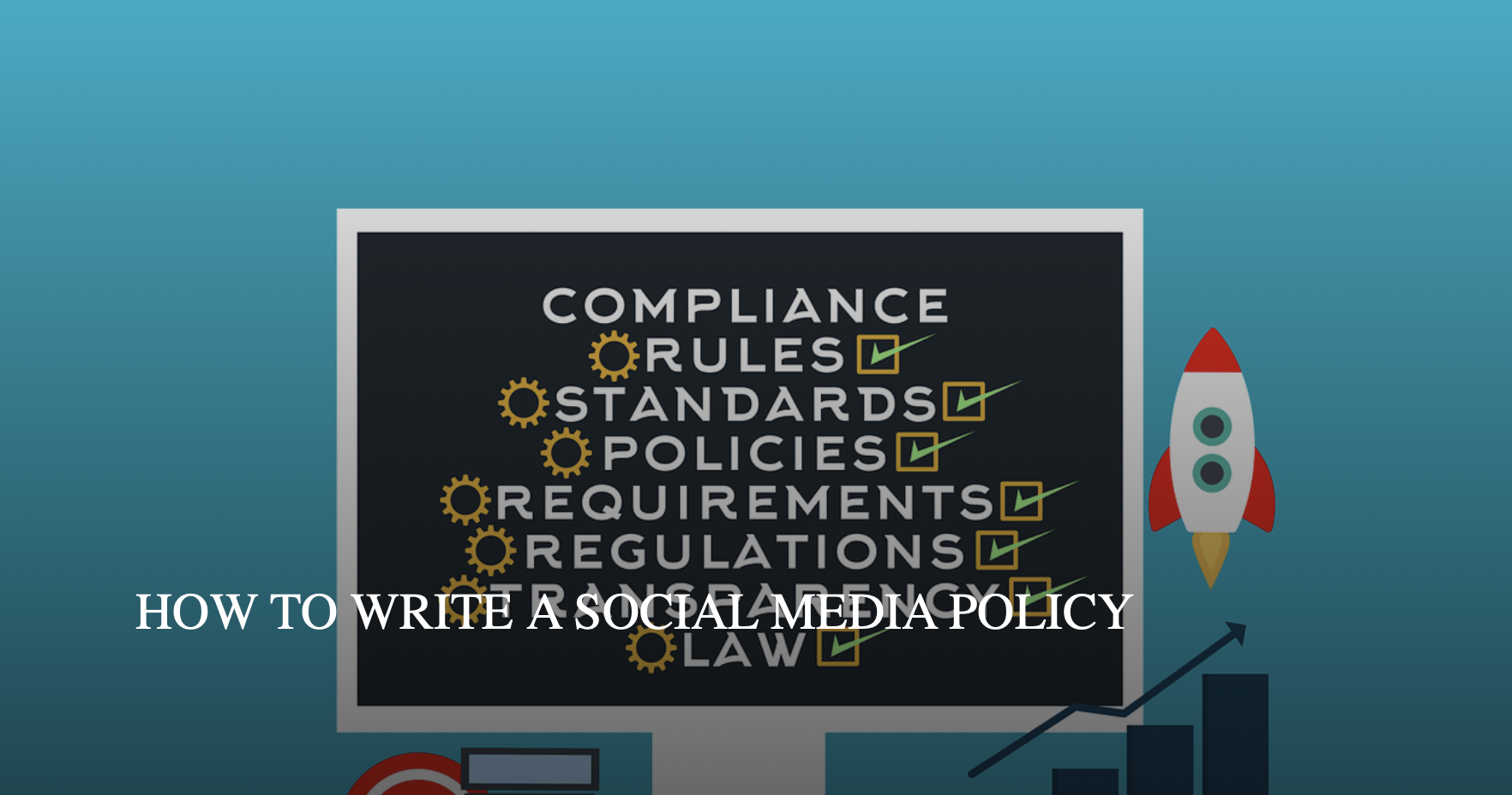Providing paid holidays is an essential part of a good employee benefits package, but it can be difficult to determine which holidays you should provide as paid days off. To help start to narrow them down, many companies start with a list of federal holidays.
In this article, we’ll talk about what and when the federal holidays are, which ones companies usually provide for their employees, and the benefits of giving your workers paid holidays.
Key Takeaways:
-
Federal holidays are paid days off that the federal government gives to all of its non-essential workers.
-
The federal holidays are:
-
New Year’s Day
-
Martin Luther King, Jr. Day
-
Memorial Day
-
Juneteenth
-
Independence Day
-
Labor Day
-
Columbus Day (also observed as Indigenous People’s Day)
-
Veterans Day
-
Thanksgiving
-
Christmas Day
-
-
State and local governments and private companies aren’t required to observe federal holidays.
-
About 90% of private companies observe six federal holidays.
What Is a Federal Holiday?
A federal holiday is a day that the federal government gives as a paid day off to all of its non-essential workers. Usually, these holidays are celebrated across the nation, and many state and local government and private organizations give their workers federal holidays off as well. The federal holidays are:
-
New Year’s Day
-
Martin Luther King, Jr. Day
-
Memorial Day
-
Juneteenth
-
Independence Day
-
Labor Day
-
Columbus Day (also observed as Indigenous People’s Day)
-
Veterans Day
-
Thanksgiving
-
Christmas Day
There are widely celebrated holidays that aren’t considered federal holidays. These include:
-
State and regional holidays. Mardi Gras (in Louisiana), Arbor Day (in New England), and Statehood Day (in Hawaii) are some of the most well-known state and regional holidays.
-
Religious holidays (except Christmas). Easter, Rosh Hashanah, Diwali, and Eid-al-Fitr are all religious holidays, and while they’re celebrated by many people across the country, they aren’t federal holidays.
When Are the Federal Holidays?
Some federal holidays fall on the same calendar date every year, while others change. Here is the list of when each holiday falls:
-
New Year’s Day: January 1
-
Martin Luther King, Jr. Day: Third Monday in January
-
President’s Day (Officially called Washington’s Birthday): Third Monday in February
-
Memorial Day: Last Monday in May
-
Juneteenth: June 19
-
Independence Day: July 4
-
Labor Day: First Monday in September
-
Columbus Day (also observed as Indigenous People’s Day): Second Monday in October
-
Veterans Day: November 11
-
Thanksgiving: Fourth Thursday in November
-
Christmas Day: December 25
For the federal holidays that have specific calendar dates, the government still gives its workers a day off even if the holiday falls on a weekend. More specifically, when the holiday falls on a Saturday, workers get the preceding Friday off, and when it falls on a Sunday, they get the following Monday off.
For example, when Christmas is on a Saturday, usually federal workers are given a paid vacation day the Friday before, and when it’s on a Sunday, they get one the next day, a Monday.
This ensures that federal workers get the same number of paid holidays every year, but it does make it tricky to figure out when holidays will fall.
Federal Holidays in 2023
Here is when the federal holidays will fall in 2023, including the days that holidays will be observed on a different day than the actual holiday falls on:
-
New Year’s Day: Monday, January 2
-
Martin Luther King, Jr. Day: Monday, January 16
-
President’s Day (officially called Washington’s Birthday): Monday, February 20
-
Memorial Day: Monday, May 29
-
Juneteenth: Monday, June 19
-
Independence Day: Tuesday, July 4
-
Labor Day: Monday, September 4
-
Columbus Day (also observed as Indigenous People’s Day): Monday, October 9
-
Veterans Day: Friday, November 10
-
Thanksgiving Day: Thursday, November 23
-
Christmas Day: Monday, December 25
Which Holidays Non-Federal Organizations Usually Give Their Employees
Private companies aren’t required to give their employees a paid day off on federal holidays, but many do anyway, at least for some of the holidays.
Over 90% of private companies provide paid days off for their employees for the “standard six” holidays, which are:
-
Christmas
-
Thanksgiving
-
Independence Day
-
Labor Day
-
New Year’s Day
-
Memorial Day
Many that don’t provide these days off are retail stores and medical facilities that are open 24/7 and need workers to keep their facilities open. If your company doesn’t need to do this, it’s usually a best practice to give your workers these days off at the least.
About one-third of companies also give their employees a paid day off on the day after Thanksgiving (which is always a Friday), and one-quarter do the same on Christmas Eve, President’s Day, and Good Friday (the Friday before Easter). However, very few provide paid leave for New Year’s Eve, Columbus/Indigenous People’s Day, or Veteran’s Day.
The Benefits of Providing Paid Holidays
As a private-sector employer, you have the choice of which – if any – federal holidays you give to your staff as paid vacation days. However, you’d be in the minority if you don’t provide at least a few to your employees, as, according to the U.S. Bureau of Labor Statistics, 79% of civilian workers have paid holidays.
While giving your employees a paid day off on federal, state, regional, or religious holidays does cost your company, not giving them could cost significantly more in turnover due to burnt-out and unhappy workers.
Providing paid holidays:
-
Builds employee morale and satisfaction. When employees feel like you value their time and effort by giving them paid days off to spend with their families and friends during the holidays, they’re far more likely to enjoy working for your organization.
If you don’t give them paid days off for this, they will likely look elsewhere for jobs that do provide paid holidays.
-
Entices new candidates. Good benefits packages can go a long way in recruiting qualified job candidates. Providing paid holidays is a big part of this, as it shows that you support a healthy work-life balance and see your employees as more than just financial assets.
Plus, if you don’t offer these days as a benefit, your candidates will go to other companies that do.
-
Prevents employee burnout. Even if they don’t technically quit their jobs, burnt-out employees are still less productive, less engaged, and overall more of a drain on your company than a help.
Providing paid holidays for your employees will give them much-deserved rest and show that you value their efforts, helping to lessen their symptoms of burnout.
Federal Holidays FAQ
-
Do states have to recognize federal holidays?
No, states do not have to recognize federal holidays. All companies and organizations run by the federal government have to recognize them, but individual states do not. Private companies do not have to either.
However, there are eight federal holidays that all 50 states recognize. These are:
-
New Year’s Day
-
Martin Luther King, Jr. Day
-
Memorial Day
-
Independence Day
-
Labor Day
-
Veterans Day
-
Thanksgiving Day
-
Christmas Day
On these holidays, most non-essential local and state government employees get a paid day off, and government offices are closed. This is why you won’t get your mail delivered or trash collected on these holidays.
In addition, many private companies observe these eight holidays as well, with some adding even more paid holidays. Emergency healthcare facilities and some stores and restaurants stay open these days, but many are open for limited hours and/or limit the number of these holidays each employee has to work.
-
-
How many holidays do most companies give?
Most companies give their employees six holidays a year. This “standard six” list includes:
-
New Year’s Day
-
Memorial Day
-
Independence Day
-
Labor Day
-
Thanksgiving Day
-
Christmas Day
However, some companies give less than six holidays, as sometimes – as in the case of businesses like retail stores and medical facilities – companies need employees working 24/7, even through holidays.
In contrast, some companies provide more than just these eight holidays for their employees. They may observe additional holidays such as Juneteenth, Presidents Day, or a local or regional holiday, for example, or they may provide extra days off surrounding these holidays (the Friday after Thanksgiving is a popular one).
Some companies also have floating holidays, which are paid days off that leadership gets to choose for the whole company each year, or that individual employees get to use on the holiday they want. (This allows employees to have a day off to observe religious holidays they celebrate.)
-
- Workplace Policies
- How To Make An Equipment Policy
- Employee Break Laws
- Business Process Management
- Diversity in the Workplace
- Federal Holidays 2023
- Cell Phone Policy
- Attendance Policy
- Dress Code Policy
- Writing a Code of Conduct
- Company Mission Examples
- Putting Values Into Action
- Workplace Etiquette
- How to Reward Employees
- Employee Handbook
- Alternatives To All-hands Meetings
- Workplace Diversity
- Diversity Vs. Inclusion
- How To Outsource HR
- Strategic Planning
- Guide to Remuneration
- Bereavement Leave At Work
- How To Make A Sabbatical Policy
- How To Make A Moonlighting Policy
- How To Make An Open Door Policy
- How To Make A Human Resources Strategy
- How To Make A Vacation Policy
- How To Make A Remote Work Policy
- How To Create A Compensation Plan
- How To Organize Your Desk
- What Is Business Sustainability?
- How To Handle Proprietary Information
- Pets In The Office Policy
- How To Write A Social Media Policy
- How To Write Company Bylaws
- What Is VTO?
- Flexible Work Schedules





